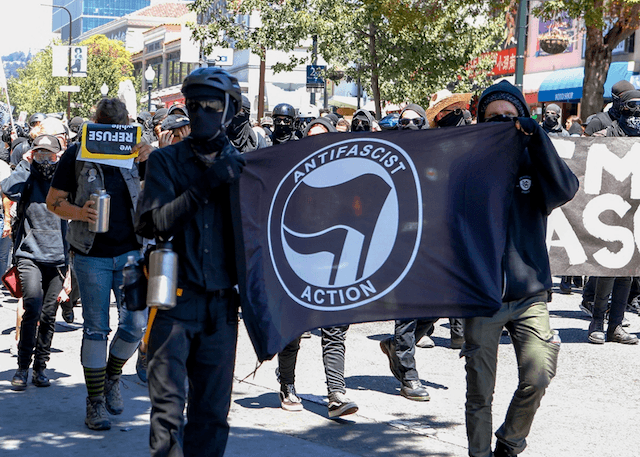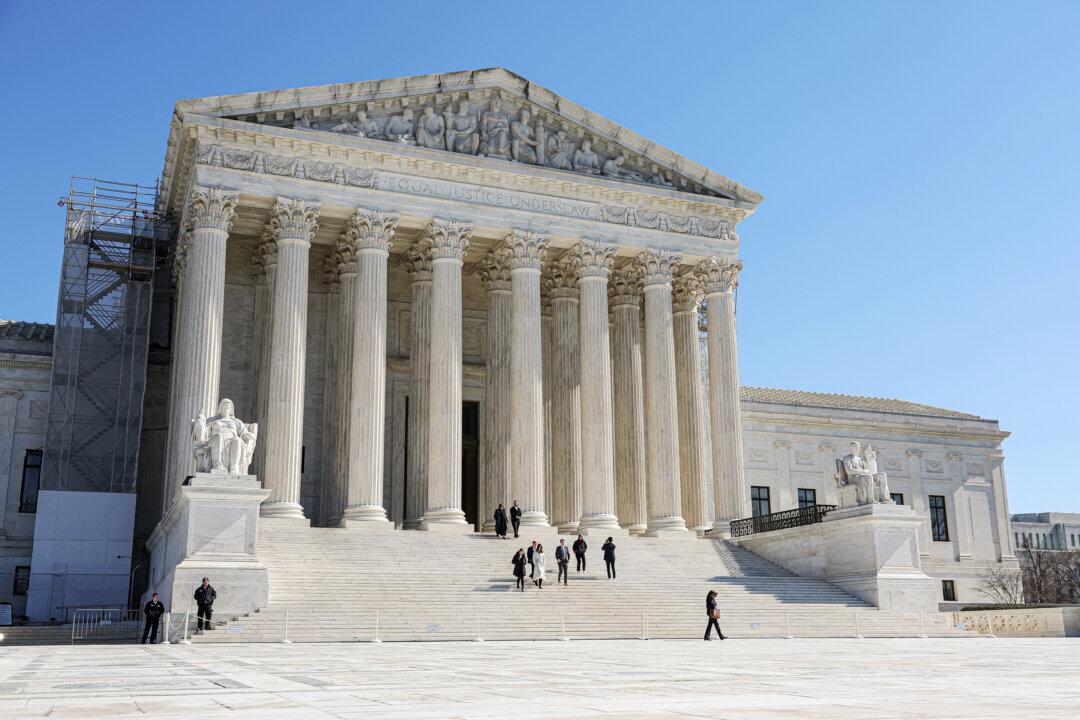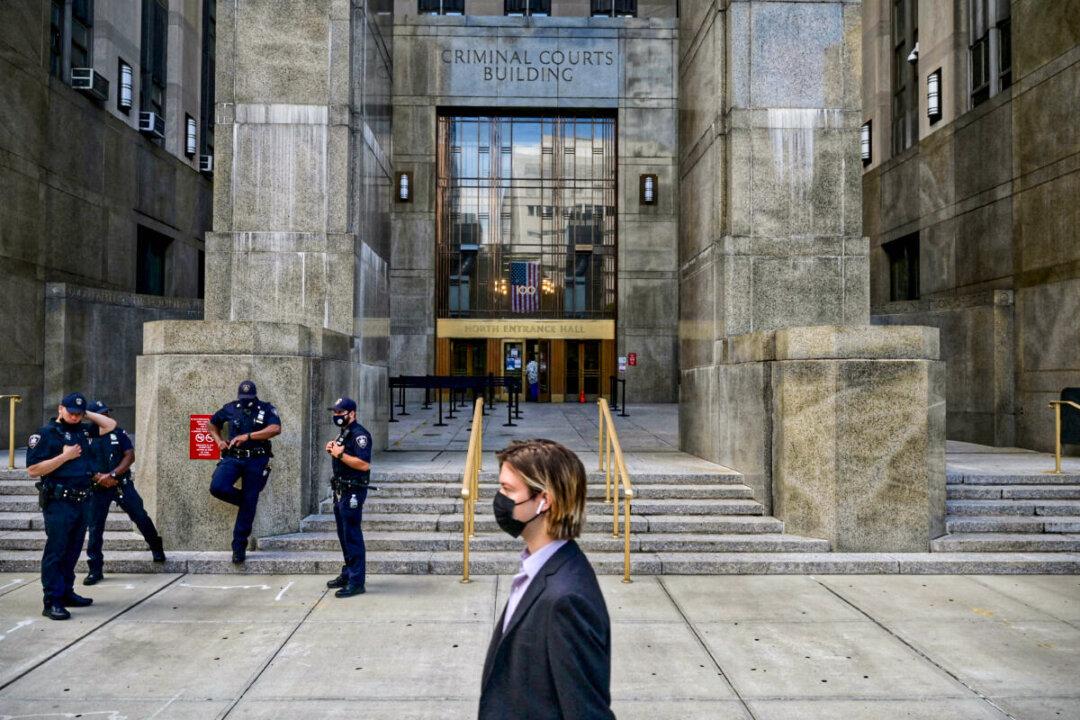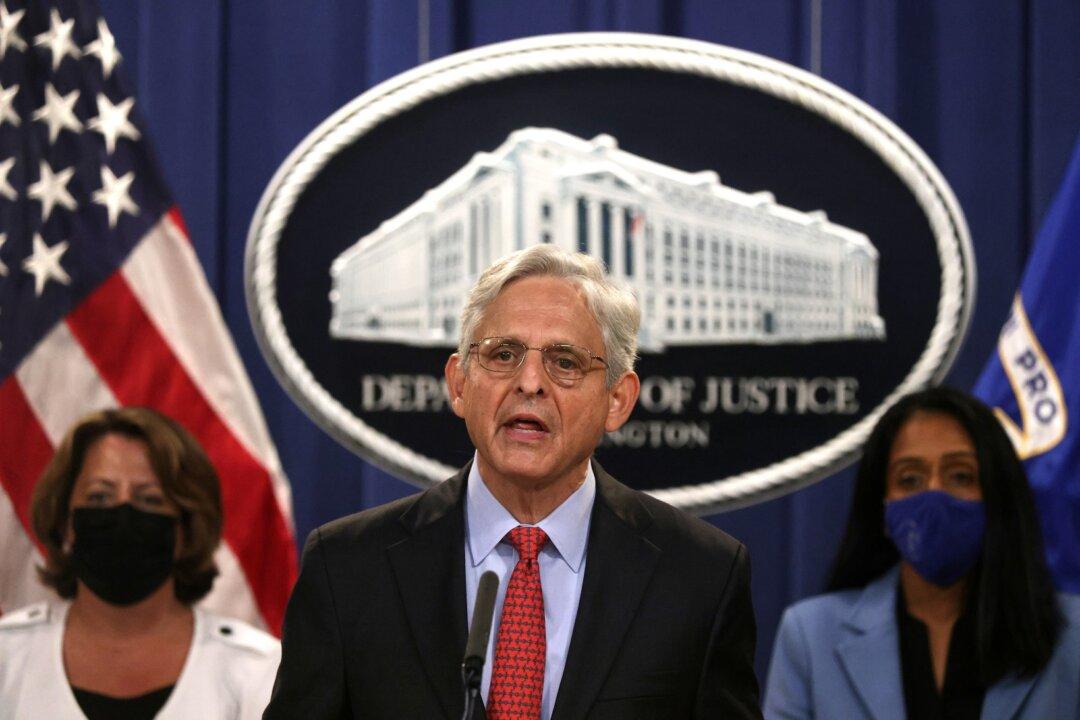Commentary
Anyone harboring doubts as to the merely cosmetic changes made in leadership at the FBI can now put those doubts to rest. President Donald Trump received some poor advice when he came to select white-shoe attorney Chris Wray to replace James Comey as FBI director.





